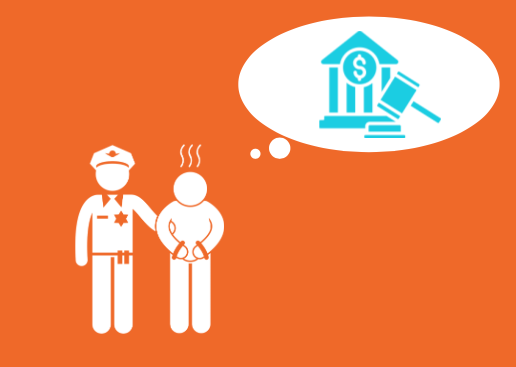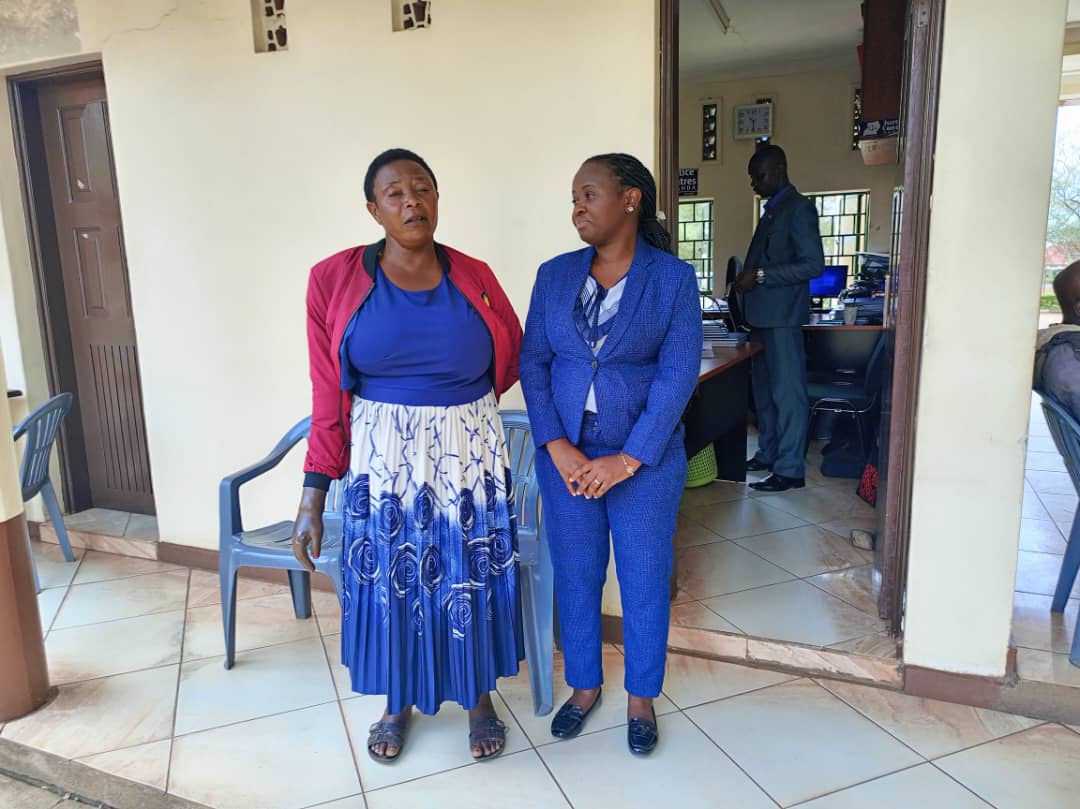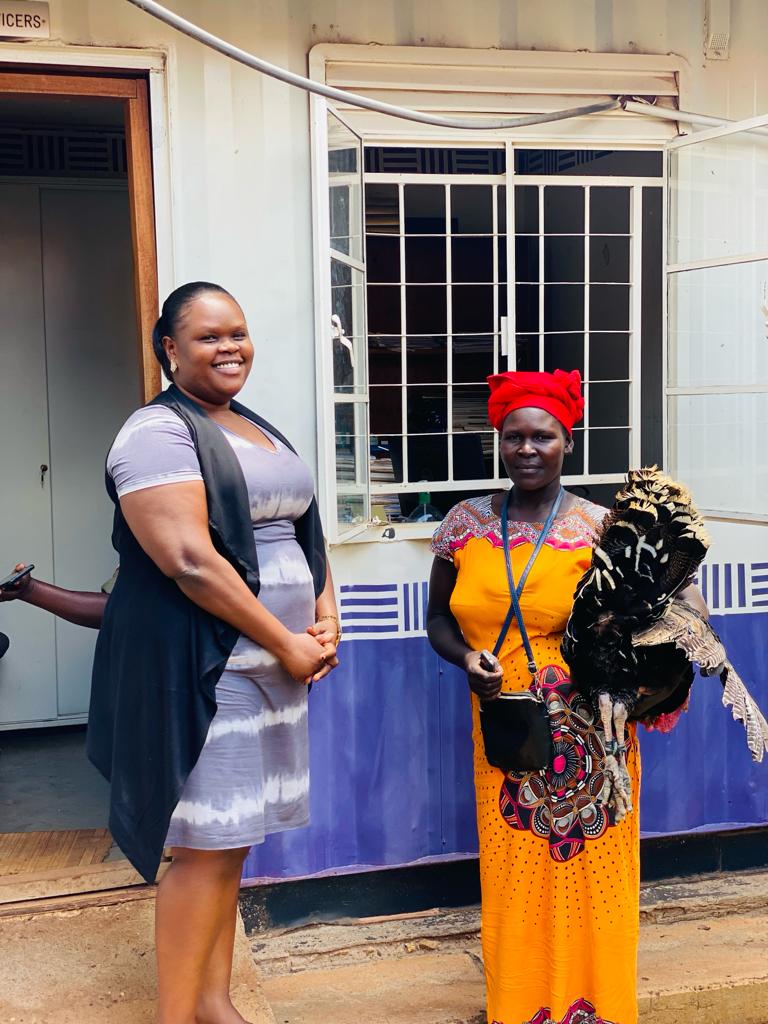Bail simply means court giving the accused person permission to hear his/ her case while out of prison. It involves an agreement between the accused person and the court where he/she promises to attend court on a date given to him by court and that in case he/ she defaults in appearing, there will be consequences.
1. Cash bail
This is where the court only allows the accused person to attend court while coming from home after he/she has paid in the bank a specific amount of money.
2. Non-cash bail
This is where the accused pays the specific amount of money only when he/she fails to appear on a date that was indicated in the bail form.
You will need a surety:
During such a commitment, sureties are involved to further give assurance to court that they will ensure that the accused person appears in court and if he/ she fails they are to pay a particular amount of money. Every accused person has a right to apply for bail at any stage of the trial before the sentence is passed. When the accused person does not appear in court on the date agreed, his/ her bail lapses and he/ she is re-arrested and taken to prison.
The Application for bail can either be made the first time the accused person appears in court or on another convenient date thereafter but before a sentence is given. The Application is made orally in court and the response from the State Attorney is also made orally immediately after the application has been made.
Considerations for granting bail in a Magistrates Court
- Gravity/ severity of the offence
- Background and character of the accused person e.g. whether he/ she has been committing other offences before or is violent and therefore may interfere with witnesses.
- Whether the accused person has a permanent home.
- Whether he/ she has substantial sureties. Sureties that can be trusted by court to ensure that the accused person will be present when he/she is needed by Court.
Process of bail application in a Magistrates Court
- This application is made orally. No formal/ written document required. It could be made the first day the accused person is brought to court.
- Two or more persons are required to stand surety for the accused person. These persons can be relatives or friends or neighbors, employers of the accused person.
- These sureties must carry with them copies of their National Identity Cards and a Letter from the Local Council Chairperson.
- When the Application is made, the State Attorney must respond to it immediately in Court.
- The Magistrate then gives a ruling as to whether bail has been denied or granted on particular terms. If it’s cash bail then the sureties are expected to pay the stipulated sum of money in the bank before the accused is released, however, if it is non-cash bail the accused is released immediately and will only pay the amount if he/ she jumps bail.
- The Court records its reasons if it has not granted the bail application.
NOTE: If bail is denied in the Magistrates Court, the accused person can re-apply for the same in the High Court with the help of a lawyer. This particular application will be in writing.
Difference between bail in High Court and bail in the Magistrate’s Court
- Bail in High Court is applied for in writing while in the Magistrates Court it is done orally.
- When applying for bail in High Court you have to prove the exceptional circumstances of advanced age or grave illness while in the Magistrates Court there is no need for that.
- Bail Application in High Court is heard before a judge while Bail in the Magistrates Court is heard before a Magistrate.
Role of Justice Centres Uganda in Bail Applications
- To help the accused person apply for bail in Court
- To coordinate with the sureties
- To represent the accused person in Court
Other Organizations Involved
- Legal Aid Project of the Uganda Law Society – legal representation
- District community service representatives
Lessons learnt:
- Capital offences are tried by the high Court and petty offences by lower courts (Magistrates Court)
- Capital offences take longer to be concluded (compared to petty offences)
- Pleading guilty to an offence may lead to reduction of the sentence
- Police bond is free.
- Bail in the High Court is applied for in writing while in the Magistrates court it is orally applied for.
Further Readings:
What happens when a family member/ friend has been arrested by the police?
What is Police Bond and who has the mandate to grant it?
What are capital offences and how are they handled?
What is the process of hearing the case of a person accused of a capital offence in the High Court?
What is the process of hearing a petty offender’s case in the Magistrate’s Court?
What happens when someone is arrested for committing a petty offence?
What is bail and what is it good for?
When and how to apply for Bail in High Court?
What is plea bargain and what is it good for?
Sources of information
- The Constitution of the Republic of Uganda 1995
- The Trial on indictment Act Cap
- The Criminal Procedure Code Act Cap 116
- The Magistrates Court Act Cap 16
- The Magistrates Courts (Magisterial Areas) Instrument 2017
- The Judicature (Plea bargain) Rules 2016












3 Responses
Comments are closed.